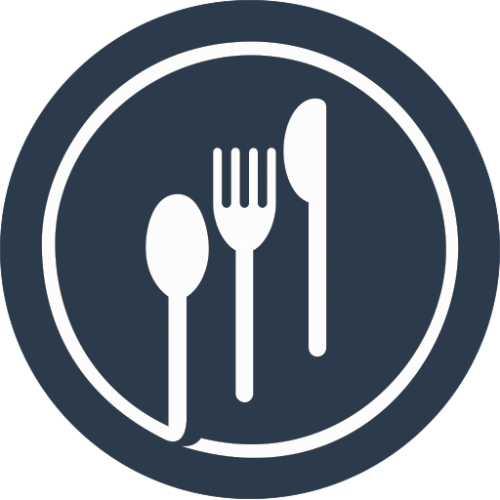
Michael B. Albert
Verified Buyer
⭐⭐⭐⭐⭐ Yummy beans. If you are looking for great soup beans look no further.
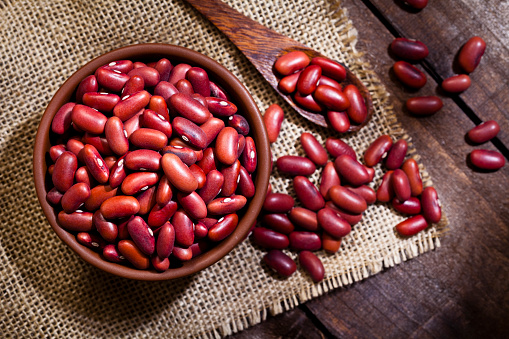
Though the term “superfood” is applied to many foods these days, beans really may be deserving of the title. In addition to being inexpensive (dried beans can cost just pennies per serving), they’re full of nutrients, including copper, folate, iron, magnesium, potassium, and zinc, as well as protein and fiber.
One study found that eating beans four times per week reduced heart disease risk by 22 percent. Another showed that bean eaters may be less likely to develop type 2 diabetes and may have better blood sugar control if they do have the disease.
“Beans promote good health and can be used many ways, including in soups, salads, dips, and desserts,” says Julie Garden-Robinson, Ph.D., a food and nutrition specialist with the North Dakota State University Extension Service.
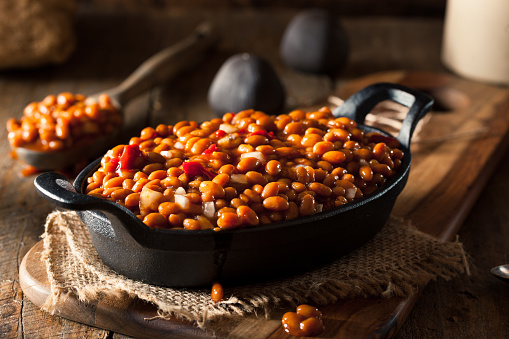
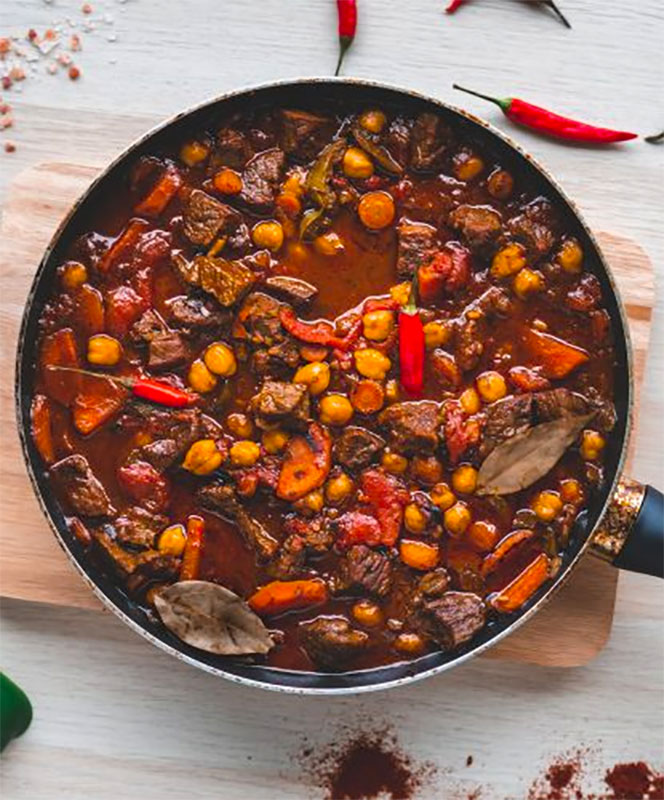
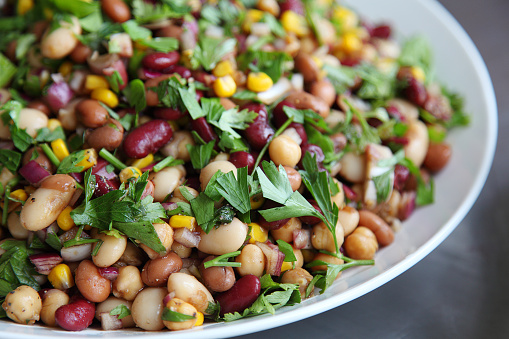
They help with weight loss. A review of 21 studies published in the American Journal of Clinical Nutrition found that people who ate about 2.5 to 9 ounces of beans per day lost three-quarters of a pound more over six weeks than those who didn’t eat beans. Researchers think this may be because beans increase the sense of fullness and modulate blood sugar levels.
They help cut cholesterol. Beans are high in soluble fiber; 5 to 10 grams of it per day can reduce LDL (“bad”) cholesterol by up to 5 percent, according to the Department of Health and Human Services. Cooked beans contain 0.6 to 2.4 grams of soluble fiber per half-cup.
They’re a vegetable and protein. “Technically, legumes are a vegetable, but more of a starchy vegetable, like a baked potato,” says Libby Mills, R.D.N., a spokeswoman for the Academy of Nutrition and Dietetics. Still, beans are a top source of plant protein, with about 15 grams per cup. Getting protein from plants is good for your health.
You need a variety of them. Great Northern and navy beans have more calcium; cranberry beans score high in folate; and adzukis, garbanzos, and limas are particularly high in iron. Navy beans are packed with resistant starch, adzukis are high in potassium, and red and black varieties are rich in disease-fighting antioxidants.
Canned beans are good, too. Dried beans require soaking before cooking and about an hour on the stove. Most of the prep is hands-off, but there’s no doubt that canned beans are simply more convenient. And they supply the same nutrients—but often contain added salt. So opt for lower-sodium varieties, or drain and rinse canned beans before you use them to reduce sodium by 25 to 40 percent.

⭐⭐⭐⭐⭐ Yummy beans. If you are looking for great soup beans look no further.

⭐⭐⭐⭐⭐ Highly recommend Great Beans my Daddy’s favorite!

⭐⭐⭐⭐⭐ This is a brand I remember from many years ago